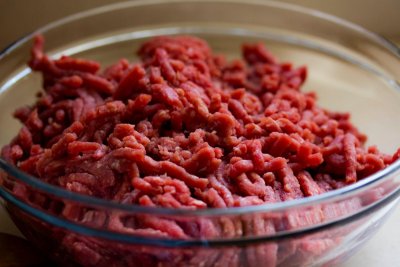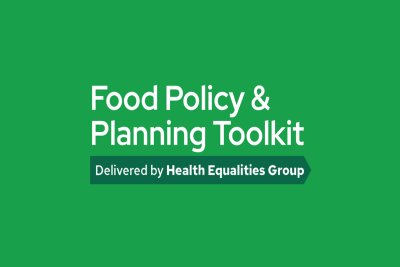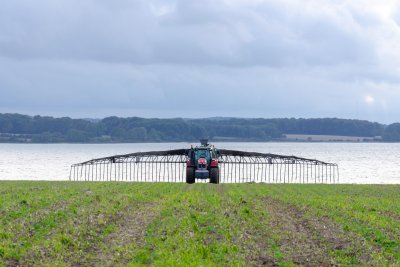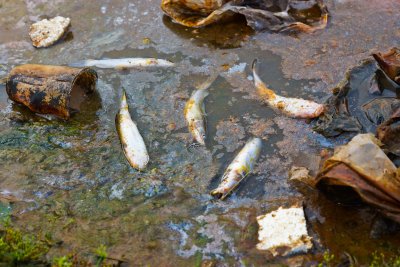 Dead fish in a river due to water pollution. Copyright: wk1003mike | shutterstock
Dead fish in a river due to water pollution. Copyright: wk1003mike | shutterstock
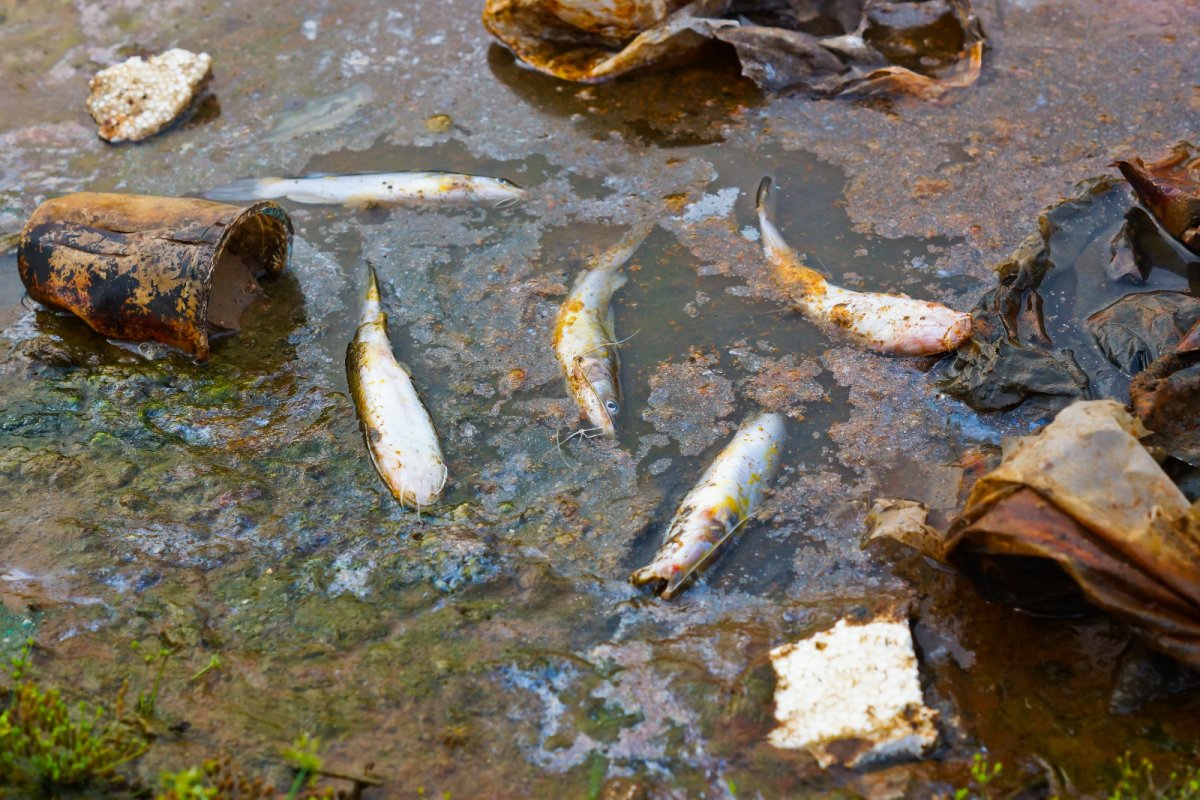
Poop Idle: The top 20 places in Britain for toxic animal waste revealed
Just 20 areas of Britain produce over 15,000 tonnes of waste from intensive livestock units per day, as revealed by Sustain. This waste contains a chemical cocktail of pollutants that is damaging Britain's rivers.
Just 20 areas of Britain produce over 15,000 tonnes of waste from intensive livestock units per day, as revealed by Sustain today. North Yorkshire has topped the ‘Poop Idle’ league table, in which intensive chicken, pig and dairy units produce the equivalent of more than 85 tonnes of excreta every hour. Norfolk, Shropshire, Herefordshire, Lincolnshire and Suffolk all produce more than 50 tonnes of excreta per hour.
Waste from intensive livestock units contains a 'chemical cocktail' of pollutants including nitrates, phosphates, and antibiotic resistant bacteria. In many places, this is spread on soil in volumes too large to be absorbed, causing pollutants to wash into rivers and create algal blooms that choke wildlife.
In England ‘agriculture and rural land management’ is the most common reason for water bodies not reaching ‘Good Ecological Status’. Soils in every region in England are in nitrogen surplus and phosphate – which is present in animal manure and fertilisers - accounts for more water bodies failing to achieve good ecological status than any other water quality pressure.
The large agri-businesses that collectively own and profit from a large proportion of intensive livestock units in the UK have seen increased revenue and paid generous bonuses to company directors while every river in the UK is polluted and only 14% are in good ecological health.
The Poop Idle league table
|
Name of Council |
Total excreta tonnes/per hour |
|---|---|
|
North Yorkshire |
85 |
|
Norfolk |
78 |
|
Shropshire |
65 |
|
Herefordshire |
64 |
|
Lincolnshire |
56 |
|
Suffolk |
55 |
|
East Riding of Yorkshire |
47 |
|
Somerset |
31 |
|
Devon |
20 |
|
Gloucestershire |
19 |
|
Lancashire |
18 |
|
West Yorkshire |
18 |
|
Dorset |
17 |
|
Oxfordshire |
16 |
|
Cumbria |
16 |
|
Staffordshire |
16 |
|
Wiltshire |
15 |
|
Powys |
13 |
|
Lothian |
12 |
| Cheshire | 12 |
Sustain are calling for action on intensive livestock units to help recover our rivers. Sam Hayward, Food for the Planet campaign officer said:
"Intensive livestock units are a disaster for our rivers, our rural communities, and the climate. We are urging the government to properly protect our precious habitats, including rivers. Local councils can help make sure they don’t top this grim league table by putting in place planning policy to prevent the proliferation of the most polluting types of intensive livestock units and we encourage them to join Planning for the Planet."
Methodology: To estimate excreta per day per farmed animal, we calculated an average figure for excreta per day over an animal's lifetime. To produce regional excreta figures, we multiplied average excreta per day per farmed animal with regional factory farm population data drawn from Compassion in World Farming data from 2017. To produce national excreta figures, we estimated national factory farm livestock populations from UK-wide livestock data and then multiplied this with average excreta per day per farmed animal.
|
Name of Council |
Meat chickens excreta tonnes/day |
Egg chickens excreta tonnes/day |
Pigs excreta tonnes/day |
Dairy cows excreta tonnes/day |
Total excreta tonnes/day |
Total excreta tonnes/per hour |
|---|---|---|---|---|---|---|
|
North Yorkshire |
618 |
15 |
1,300 |
103 |
2,037 |
85 |
|
Norfolk |
1,101 |
- |
777 |
|
1,877 |
78 |
|
Shropshire |
1,202 |
124 |
136 |
95 |
1,557 |
65 |
|
Herefordhire |
1,505 |
11 |
29 |
|
1,545 |
64 |
|
Lincolnshire |
1,069 |
25 |
247 |
|
1,342 |
56 |
|
Suffolk |
506 |
1 |
824 |
- |
1,331 |
55 |
|
East Riding of Yorkshire |
259 |
32 |
847 |
- |
1,139 |
47 |
|
Somerset |
326 |
66 |
228 |
124 |
744 |
31 |
|
Devon |
154 |
66 |
133 |
128 |
482 |
20 |
|
Gloucestershire |
318 |
27 |
63 |
55 |
462 |
19 |
|
Lancashire |
169 |
46 |
68 |
143 |
426 |
18 |
|
West Yorkshire |
143 |
- |
283 |
23 |
425 |
18 |
|
Dorset |
54 |
50 |
300 |
96 |
404 |
17 |
|
Oxfordshire |
126 |
|
256 |
|
383 |
16 |
|
Cumbria |
291 |
- |
87 |
32 |
377 |
16 |
|
Staffordshire |
244 |
61 |
71 |
- |
375 |
16 |
|
Wiltshire |
201 |
59 |
106 |
9 |
367 |
15 |
|
Powys |
265 |
6 |
59 |
47 |
324 |
13 |
| Lothian | 257 | 9 | 19 | - | 287 | 12 |
|
Cheshire |
191 |
65 |
28 |
147 |
284 |
12 |
Food for the Planet: Helping local authorities to tackle the climate and nature emergency through food.
Sustain
The Green House
244-254 Cambridge Heath Road
London E2 9DA
020 3559 6777
sustain@sustainweb.org
Sustain advocates food and agriculture policies and practices that enhance the health and welfare of people and animals, improve the working and living environment, promote equity and enrich society and culture.
© Sustain 2025
Registered charity (no. 1018643)
Data privacy & cookies
Icons by Icons8


